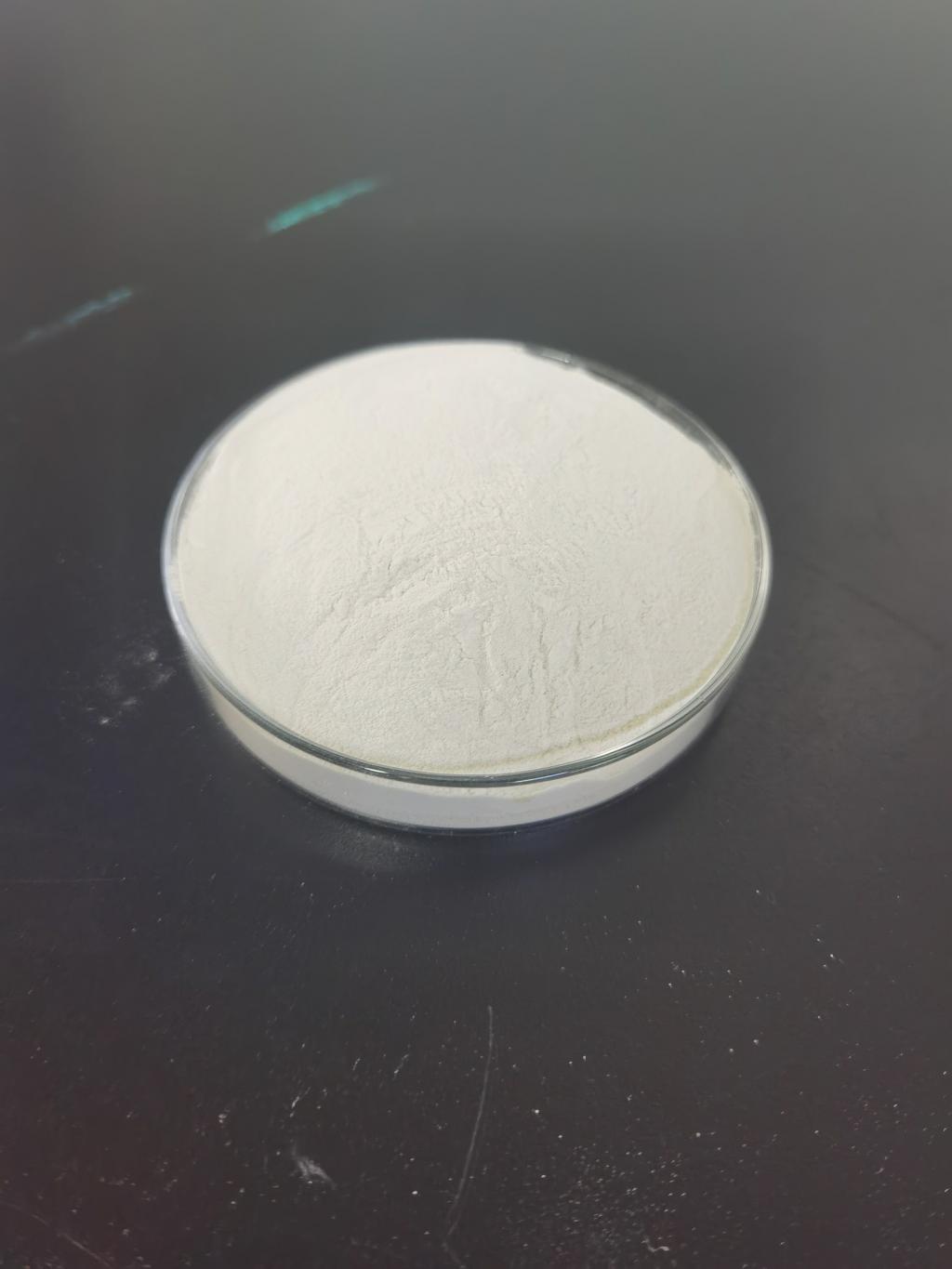Tel:+8618231198596

News
 CONTACT
CONTACT
 CONTACT
CONTACT
- Linkman:Linda Yao
- Tel: +8618231198596
- Email:linda.yao@dcpharma.cn
- Linkman:CHARLES.WANG
- Department:Overseas
- Tel: 0086 0311-85537378 0086 0311-85539701
News
Current Position:
Home >
News
>The development of nisin-enriched food additives for improving safety.
The development of nisin-enriched food additives for improving safety.
TIME:2024-10-17
Introduction:
Processed and packaged foods play a crucial role in modern diets, providing convenience, extended shelf life, and consistent quality. However, these products are not immune to the risks of microbial contamination, which can lead to foodborne illnesses and economic losses. The demand for safer, more natural preservatives has driven the development of nisin-enriched food additives, offering an effective solution to enhance the safety and stability of such foods without compromising consumer health or sensory attributes.
Nisin: An Overview:
Nisin is a 34-amino-acid polypeptide produced by Lactococcus lactis, a lactic acid bacterium. It is classified as a Class I bacteriocin and is widely used as a food preservative due to its potent antimicrobial properties. Approved by regulatory bodies like the FDA and EFSA, nisin is known for its ability to inhibit the growth of Gram-positive bacteria, including Listeria, Staphylococcus, and Clostridium species. Its mechanism of action involves the disruption of bacterial cell membranes through pore formation, leading to cell death and preventing the proliferation of harmful microorganisms.
Benefits of Nisin-Enriched Food Additives:
Enhanced Microbial Safety: Nisin-enriched food additives provide an additional layer of protection against pathogenic and spoilage bacteria, significantly reducing the risk of foodborne outbreaks.
Extended Shelf Life: By inhibiting microbial growth, nisin helps to extend the shelf life of processed and packaged foods, thereby reducing waste and enhancing product availability.
Clean Label Appeal: As a naturally occurring preservative, nisin aligns with the growing consumer preference for clean label products, which are free from synthetic chemicals and artificial additives.
Sensory Preservation: Unlike some traditional preservatives, nisin does not typically affect the flavor, texture, or appearance of foods, allowing for the maintenance of high sensory quality.
Thermal Stability: Nisin remains stable during heat processing, making it suitable for use in a wide range of food manufacturing processes, including pasteurization and sterilization.
Challenges and Considerations:
While nisin offers numerous advantages, several challenges must be addressed for its optimal use in food additives:
Microbial Resistance: There is a concern that prolonged use of nisin could lead to the development of resistance among target microorganisms, necessitating the implementation of resistance management strategies.
pH Dependency: Nisin's effectiveness is pH-dependent, being most active at acidic conditions (pH < 7). This may limit its application in certain neutral or alkaline food products.
Dosing and Formulation: Precise dosing is required to achieve the desired antimicrobial effect without causing off-flavors or altering the food matrix. Research into novel delivery systems, such as encapsulation, may help to overcome this challenge.
Regulatory Approval: Although nisin is approved for use in many countries, the regulatory landscape can vary, requiring manufacturers to stay informed about local regulations and approval processes.
Future Directions:
The continued development of nisin-enriched food additives holds promise for further improvements in food safety and quality. Future research should focus on:
Developing nisin variants with enhanced activity across a broader pH range.
Investigating synergistic effects with other natural antimicrobials to broaden the spectrum of activity.
Exploring the use of nisin in combination with advanced packaging technologies, such as active and intelligent packaging, to create multi-barrier approaches to food preservation.
Assessing the long-term impact of nisin usage on the human microbiome and overall health.
Conclusion:
Nisin-enriched food additives represent a valuable tool in the arsenal of the food industry, providing a natural and effective means to improve the safety and shelf life of processed and packaged foods. While there are challenges to address, ongoing research and innovation will likely continue to expand the utility of nisin and pave the way for safer, more sustainable food products. As consumer awareness and demand for safe, minimally processed, and clean-label foods increase, the role of nisin in the food industry is expected to grow, contributing to a healthier and more secure global food supply.
- Tel:+8618231198596
- Whatsapp:18231198596
- Chat With Skype







